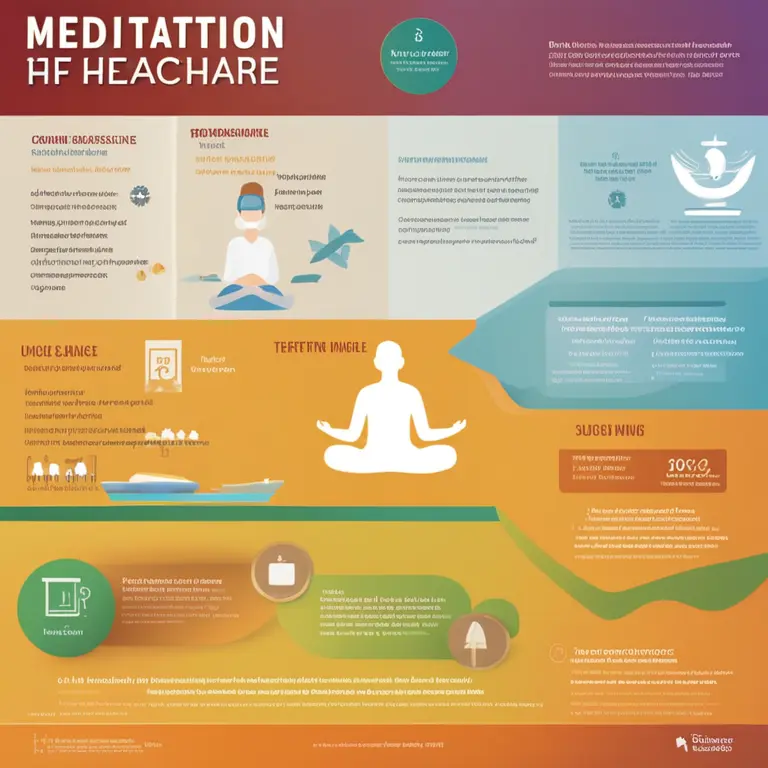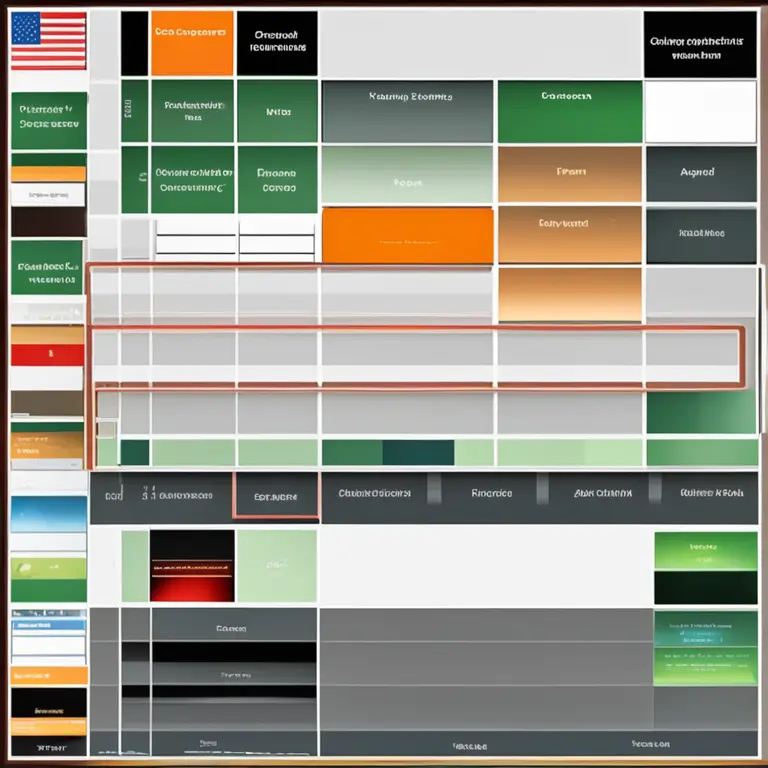
The Versatility of Meditation Across Different Spheres
Discover the various applications of meditation in contemporary settings, from personal wellness practices to modern healthcare interventions.
article by Hina Kurosawa
The Foundation of Self-Care
Meditation has long been rooted in personal wellness regimes. In recent years, its use has markedly increased as more individuals seek natural, holistic approaches to self-care. The practice is renowned for its ability to reduce stress and enhance mindfulness, encouraging practitioners to cultivate a state of peaceful awareness. Notably, meditation has served as a cornerstone in self-improvement strategies, and with the burgeoning trend towards mental fitness, its prevalence is set to escalate even further.

Incorporation in Healthcare
The healthcare sector increasingly recognizes meditation's therapeutic potential. It is now routinely offered as a complementary intervention for patients coping with chronic pain, anxiety disorders, and depression. As of 2024, meditation is integrated into various patient care plans, helping individuals manage symptoms alongside conventional treatments. The rise of mindfulness-based stress reduction programs in hospitals and clinics testifies to meditation's effective role in supporting patient wellbeing.

Educational Settings' New Ally
Meditation has made its way into educational spaces as a tool for fostering focus and emotional regulation among students. Various schools and universities have introduced meditation into their curriculum to help students cope with academic pressures and enhance their learning capacity. Research continues to support the correlation between meditation practices and improved cognitive function, making it a valued addition to educational environments.

Workplace Wellness Programs
Corporate wellness programs eagerly embrace meditation to boost employee productivity and reduce burnout. Progressive corporations, cognizant of the impact of mental health on employee performance, are creating 'quiet zones' and providing guided meditation sessions. As remote work and tech-driven roles intensify in 2024 and beyond, meditation offers a counterbalance to digital overload, aiding employees in maintaining clarity and creativity in high-pressure scenarios.

Athletic Performance Enhancement
In the realm of sports, meditation is employed to enhance athletic performance by refining focus and reducing pre-competition anxiety. Top-tier athletes and teams retain mindfulness coaches to integrate meditation into their training regimens. The aim is to develop a competitive edge, as athletes who practice meditation often exhibit improved concentration and recovery times, which are critical components in high-stakes competitions.
Community and Social Settings
Meditation's reach extends beyond individual benefits, promoting community bonding and social harmony. Group meditation sessions are increasingly popular in community centers and retreats, where participants share collective experiences that foster a sense of unity and empathy. As society grapples with complex social issues, meditation offers a shared, peaceful platform for dialogue and mutual understanding.
Digital Domains and Virtual Spaces
The digital age has not bypassed meditation, with virtual reality (VR) applications and online meditation platforms proliferating. In these virtual spaces, users can immerse themselves in guided sessions and meditative environments. The accessibility of digital meditation resources continues to rise, promising a future where meditative practices can be easily integrated into daily life, irrespective of physical location.
Published: 1/14/2024
Modified: 1/15/2024
More predictions
Come back here soon to learn more about yourself and your future


Calming the Storm: Mindfulness Meditation for Anger
Discover how mindfulness meditation can be a powerful tool for anger management, promoting inner peace and emotional balance.


Mindfulness Meditation: A Handbook for High Schoolers
Discover how mindfulness meditation can benefit high school students, enhancing focus, reducing stress, and promoting overall well-being.


Mindfulness Meditation Basics for First Graders
Introducing foundational mindfulness meditation practices to instill calm and focus in first-grade students.